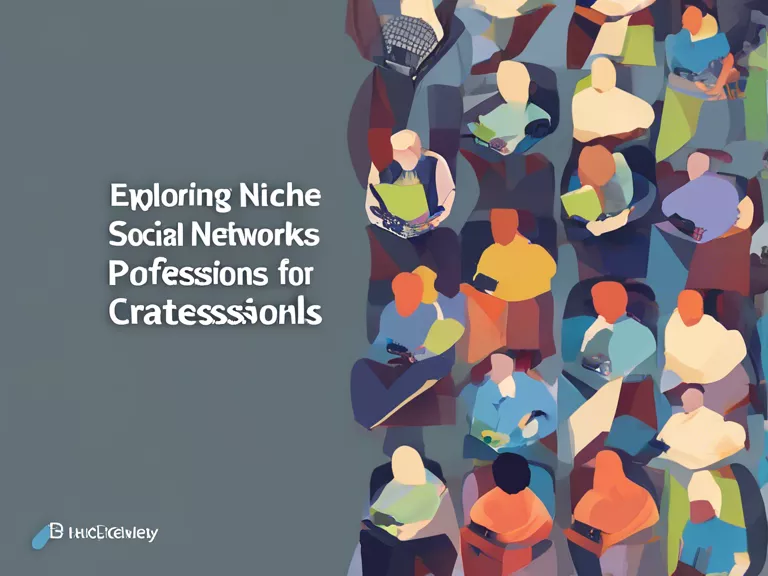
Social media algorithms play a significant role in shaping user behavior and mental health. These algorithms are designed to personalize and prioritize content based on a user's preferences and interactions, but they can also have unintended consequences on individual well-being. Understanding the impact of social media algorithms on user behavior and mental health is crucial in navigating the digital landscape.
One of the key ways in which social media algorithms influence user behavior is through content curation. By analyzing a user's online activity, these algorithms determine what content to show on their feed. This can create a filter bubble, where users are only exposed to information that aligns with their interests and beliefs. While this can enhance user experience by providing relevant content, it can also lead to a narrow worldview and reinforce existing biases.
Moreover, social media algorithms are designed to increase user engagement and time spent on the platform. The use of features like infinite scroll and autoplay videos can make it easy for users to get stuck in a cycle of mindless scrolling. This can have negative implications for mental health, contributing to feelings of anxiety, loneliness, and inadequacy. The constant comparison to others' highlight reels on social media can also lead to a distorted perception of reality and a decline in self-esteem.
Additionally, social media algorithms prioritize content that is likely to elicit strong emotional reactions, such as outrage or envy. This can contribute to the spread of misinformation and the amplification of divisive rhetoric, further polarizing society. Users may find themselves caught in a cycle of outrage and negativity, which can take a toll on their mental well-being.
In conclusion, the impact of social media algorithms on user behavior and mental health is a complex and multifaceted issue. While these algorithms can enhance user experience and facilitate connections, they also have the potential to fuel unhealthy behaviors and contribute to mental health challenges. It is essential for users to be aware of the way algorithms shape their online experience and to take proactive steps to mitigate any negative effects.



